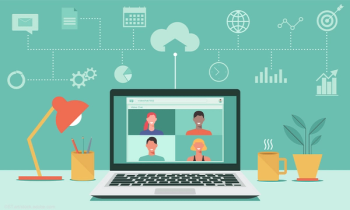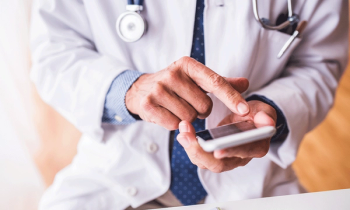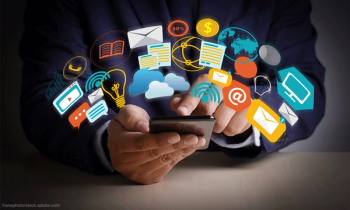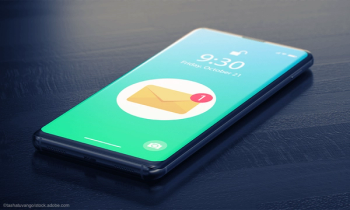
Why More Physicians Are Using Multiple Mobile Devices
An increasing number of physicians are 'digital omnivores,' which points to a need for better security policies.
Chances are you know more than two people who carry around - and use - a smartphone, media tablet, and a laptop for professional purposes.
And now, new research from Epocrates, whose medical-reference app is pretty popular among healthcare professionals, reveals that an increasing number of physicians are joining their ranks.
In a survey taken by 1,063 ambulatory healthcare providers that use Epocrates, including 204 primary-care physicians, in May 2013 - part of its second-annual
This segment, which represents a 68 percent increase over 2012, is projected to rise sharply over the next year, according to Epocrates. The reason, in a word: tablets.
"If you look at the correlation of the adoption of tablets and the growth of digital omnivores, they're almost completely correlated," Marianne Braunstein, vice president of product management at Epocrates, told Physicians Practice.
Other research supports the growth of mobile tablets in the professional practice setting. According to our annual Physicians Practice
Specifically, physicians are largely using tablets, as well as smartphones, to search for information, access clinical reference models, and connect with other clinicians to coordinate care, said Braunstein.
This is, perhaps, why it's no surprise that concerns about health information security have amplified.
Fortunately, a growing number of tablets allow users to track the device’s location remotely (and allow data to be wiped remotely, if needed). Many tablets also have encryption technology, and even biometrics technology, to prevent protected health information (PHI) from getting in the hands of the wrong party, per HIPAA security rules.
"Physician practices need to make sure they have a mobile security strategy with policies, procedures, and the right type of education," said Braunstein, adding that while more than 75 percent of organizations support "bring your own device" or BYOD policies, there need to be processes in place to address security risks, such as device theft. "Make sure you have stringent password-control policies, that there are mechanisms in place where you can provide remote wipe or remote control."
Newsletter
Optimize your practice with the Physicians Practice newsletter, offering management pearls, leadership tips, and business strategies tailored for practice administrators and physicians of any specialty.






